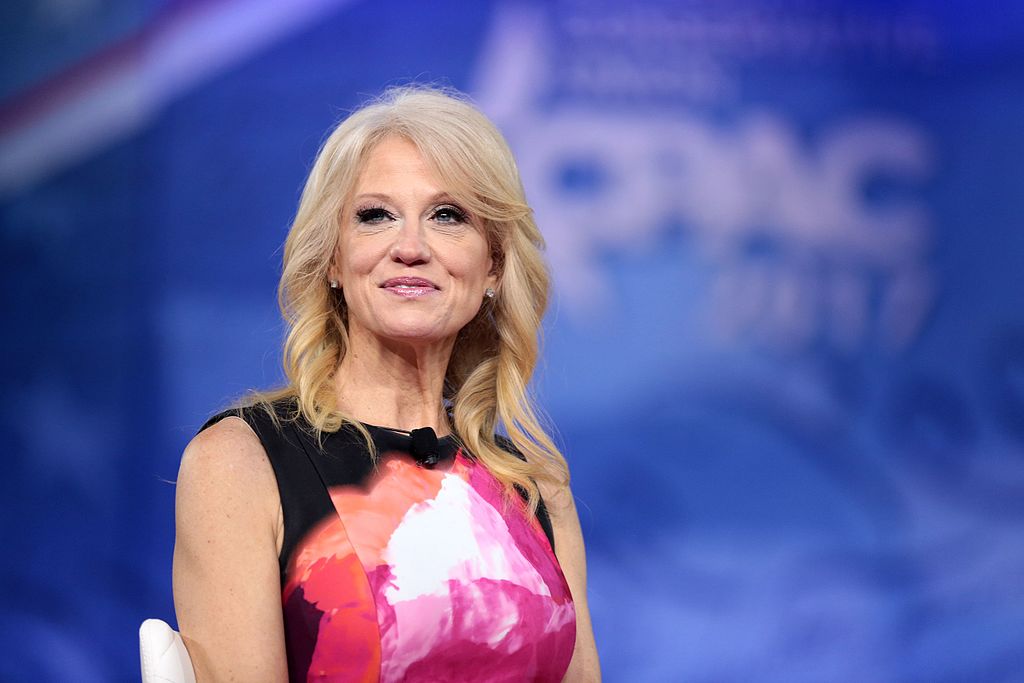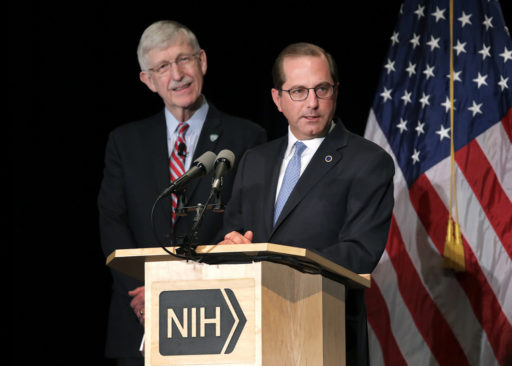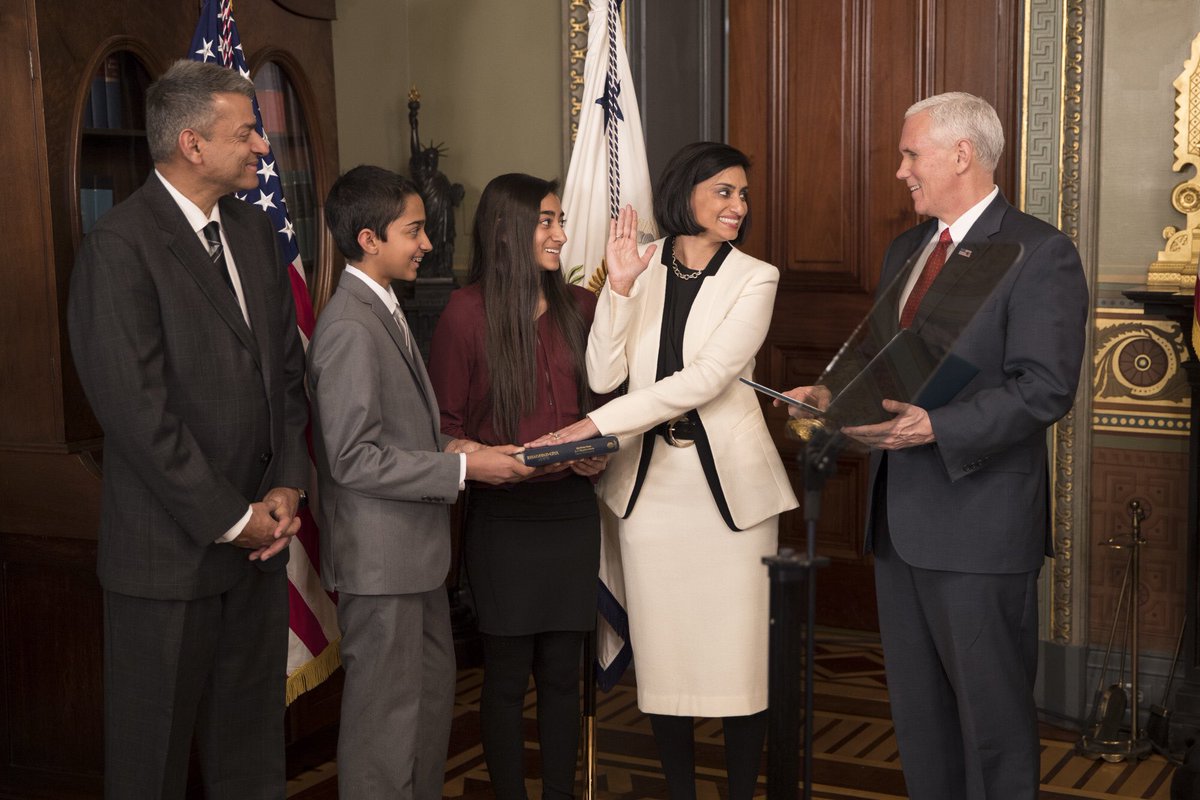WASHINGTON, May 10, 2018 — Whether the topic is the Iran nuclear deal, the Paris Climate Accords or the North American Free Trade Agreement, President Donald Trump often grouses that other countries are taking advantage of the United States. It appears that he’s found another area in which he sees the U.S. is being taken advantage of.
A plan Trump will unveil tomorrow to reduce Americans’ prescription drug costs puts the blame for those costs on four “major problems,” according to a senior administration official.
Three of them are relatively well-known and mundane and are regularly mentioned by candidates of both parties when discussing high health care costs: High list prices set by drug manufacturers, rising out-of-pocket costs for consumers and patients and government rules preventing insurance plans from negotiating better deals for seniors.
But the fourth reason the official listed — “foreign governments free-riding off of American innovation” — suggests tomorrow’s announcement could have a decidedly Trumpian tone to it.
‘Foreign freeloading’
”The problem with the foreign freeloading is obviously that the US taxpayers…are largely paying for the R&D that goes into the development of new biologics and new pharmaceutical drugs, whereas much of the rest of the world — particularly other first world countries…freeloads off of that greater investment and don’t pay their fair share,” said the official.
The official blamed the “socialized system of higher price controls” used by other countries for Americans’ high prescription drug costs, but wouldn’t explain how exactly the Trump administration plans to force other countries to pay more or force American companies to charge more.
“There are things the US government can do to help address that problem, and that’s something that will be talked about,” he said.
Trump returns to a familiar refrain
Trump often complains that other countries are taking advantage of the United States because of “one-sided” deals resulting from previous presidents’ poor negotiating skills.
One such deal was the Iran nuclear agreement that Trump withdrew the U.S. from earlier this week, calling it “a horrible, one-sided deal that should have never, ever been made.”
Regarding the North American Free Trade Agreement, Trump told attendees at the Conservative Political Action Conference in February that “[W]e can’t continuously have other nations taking advantage of the United States like never before. And this has gone on for a long time.
And when he appeared in the White House Rose Garden last summer to announce he was pulling the U.S. out of the Paris Climate Accords, he said the agreement was “less about the climate and more about other countries gaining a financial advantage over the United States.
Some government health systems are allowed to negotiate for lower prices
As for drug prices, is true that many new prescription drugs are developed through the taxpayer-funded research that has made the U.S. pharmaceutical industry a world leader, and it is true that countries with single-payer health care systems use those systems’ bulk buying power to negotiate higher drug prices.
But some of the health care systems run by the federal government — the Defense Department’s health system and the Veterans Health Administration — also use their bulk buying power to require drug companies to give them a better deal than most consumers get.
According to the Commonwealth Fund, a health care advocacy group, both systems require manufacturers to offer them prices equal to 24 percent off of a drug’s average price or the lowest price paid by other (nonfederal) buyers—as well as further discounts if a drug’s price outstrips inflation. Both also negotiate with individual manufacturers and are permitted to combine their efforts to negotiate even better deals.
Additionally, the little-known 340B Program (named after section 340B of the Public Health Service Act) requires drug companies to offer discounts on certain medications to facilities that serve low-income Americans.
The prescription drug benefit used by most Americans can’t get the same discounts
But Center for Medicaid and Medicare Services, which runs the government prescription drug program used by most Americans — Medicare Part D — doesn’t negotiate directly with drug companies for that program.
This is due to a provision inserted into the 2003 law then-President George W. Bush signed to establish Part D which prohibits such negotiations.
During her 2012 campaign for the Senate, then Representative Tammy Baldwin, D-Wis., blamed her opponent — Bush HHS Secretary Tommy Thompson — for the prohibition, the repeal of which was promised — but not accomplished — by former President Barack Obama.
“We have written into law, under Tommy Thompson’s watch, a prohibition for the federal government to be involved in negotiating with pharmaceutical companies for better prices for seniors for drugs,” Baldwin said. “That’s unbelievable. You know, if you buy in bulk, you get a better deal.”
While the private insurers that run Medicare Part D plans can negotiate individually, allowing CMS to negotiate directly for all Medicare Part D plans would require Congress to change that law.
The White House did not respond to Beltway Breakfast’s query as to whether Trump would ask Congress to change it, but the senior administration official said that in addition to legislative provisions in his 2019 budget proposal, Trump’s plan will use administrative actions to “[allow] greater flexibility in benefit design to encourage better price negotiations.”


















